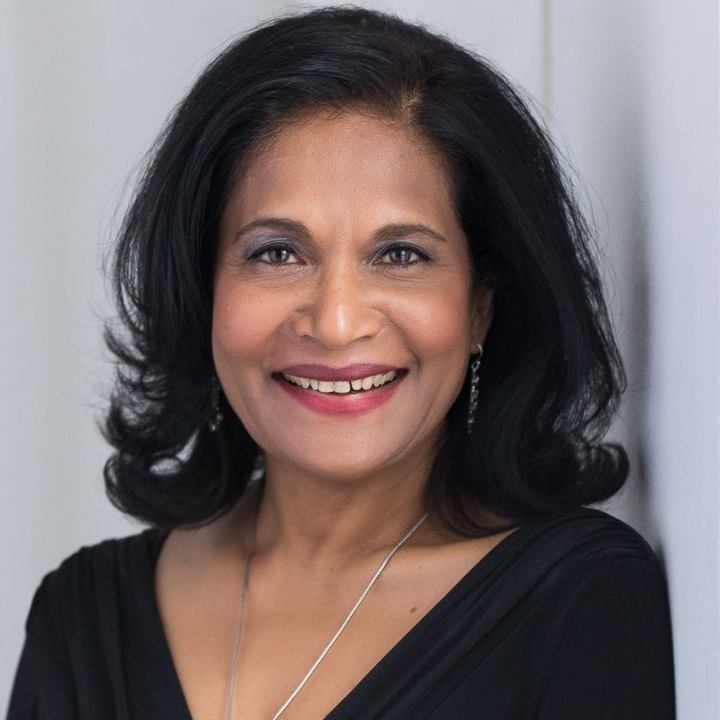By Khalil Gibran Muhammad
As I thought about writing this review, I imagined an opening paragraph summarizing the events of this summer’s nationwide protests against police violence. How observers and participants parsed the civil unrest along the familiar lines of peaceful protesters, rioters and looters, drawing competing moral distinctions between nonviolence and violence. How the police deployed official violence to punish and intimidate activists. How heavily armed, self-deputized white men threatened and used vigilante violence against demonstrators. How President Trump called for state violence against human beings to protect property. And how the residents of many cities committed acts of violence against their intimate partners, neighbors and fellow citizens, including small children.
And then, after finishing Elliott Currie’s “A Peculiar Indifference: The Neglected Toll of Violence on Black America,” a smart, timely, deeply disturbing and essential book by a veteran scholar and leading expert on the criminal legal system, I realized that the details of every precious life harmed or lost this summer reveal a bigger truth about the nation….
Read More



